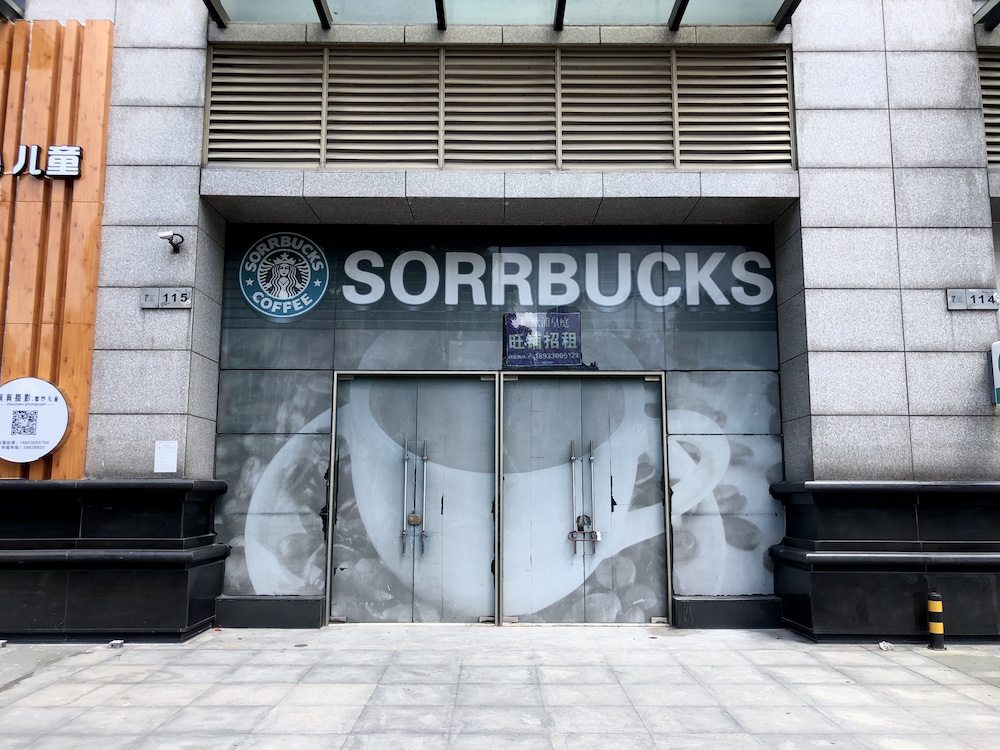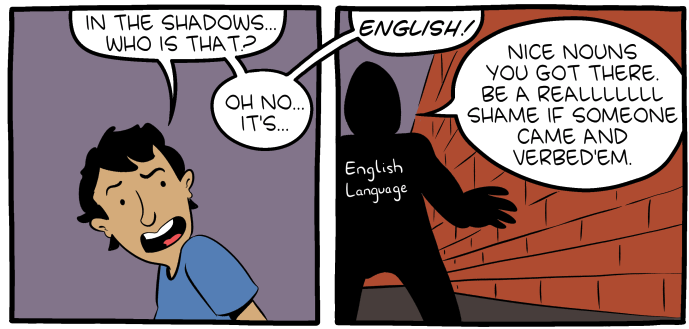Archive for July, 2018
Darlie toothpaste
When I was teaching in Taiwan in 1970-72, there was a well-known brand of toothpaste called Hēirén yágāo 黑人牙膏 ("Darkie Tooth Paste"). Not only was the name strange, the packaging featured an image of what looked for all the world like Al Jolson in one of his blackface performances. Naturally, I was scandalized by this, but when I asked my Taiwanese friends about it, they didn't see anything wrong with the name and said that it made sense from an advertising standpoint because the man had gleaming white teeth and the blackness of his skin made them seem all the brighter.
Read the rest of this entry »
Central government control over words for grandmother
Recently there was quite a ruckus over the correct word to be used for "maternal grandmother" in second-graders' textbooks in Shanghai:
"Much Ado About Grandma: Textbook Change Sparks Linguistic Debate: Critics call ‘waipo’ to ‘laolao’ change ‘cultural hegemony’ from the north", Kenrick Davis, Sixth Tone (6/22/18)
"A debate over the word for ‘grandmother’ in China exposes a linguistic and political rift", Echo Huang and Ziyi Tang, Quartz (6/26/18)
The big controversy was over whether students should be taught to say "lǎolao 姥姥" or "wàipó 外婆", both of which mean "maternal grandmother".
Read the rest of this entry »
Miss
In Sunday's post "Ask Language Log: Prosodic hyphens and italics", I noted that one of the features that Grant Allen's 1899 novel identifies as typically American — or at least typical of the one American who is caricatured in chapter 3 — is the socially inappropriate use of "miss" as a term of address:
'Good morning, miss,' he began–he called me 'Miss' every time he addressed me, as though he took me for a barmaid.
At first I found this as weird as the observation about the same American individual that "Like all his countrymen, he laid most stress on unaccented syllables."
But a little research and introspection have supported some aspects of Grant Allen's sociolinguistic intuitions, while leaving some other questions open.
Read the rest of this entry »
Unknown language #11
Dan Waugh sent in the following photograph, which he had received from a colleague, who in turn had received it from another colleague who was wondering what is written on the tapestry (what they are referring to it as):
Read the rest of this entry »
The ethnopolitics of National Language in China
Modern Standard Mandarin (MSM), the official language of the People's Republic of China, is designated in four different ways, depending upon the country in which these terms are used:
Guóyǔ 国语 / 國語 ("National Language") — Taiwan / ROC
Huáyǔ 华语 / 華語 ("Florescent / 'Chinese' Language") — Singapore
Hànyǔ 汉语 / 漢語 ("Sinitic Language") — linguists
Pǔtōnghuà 普通话 / 普通話 ("Common Language") — China / PRC
Although these four designations convey distinct, yet subtle, nuances, linguistically they basically refer to the same language with only minor variations.
Read the rest of this entry »
Singlish under siege
Singapore has four official languages: Malay (de jure national language), English (de facto main language), Mandarin, and Tamil. There are also a number of other languages that are spoken by significant numbers of the population, e.g., Hokkien-Taiwanese, Cantonese, Teochew, Hainanese, Hakka, Fuzhou (Hokchia, Hokchew), Pu-Xian Min (Henghua), and Shanghainese (Wu). But the most commonly spoken Singaporean tongue of all is a creole, Singlish, that isn't even listed in the census. Now, as described in this article, the government of Singapore has launched a campaign to eradicate Singlish from the island republic's linguascape:
"The Government Campaign to Get Rid of Singapore’s Unofficial Language: Singlish, a creole, is spoken all over the country, but politicians want citizens to 'speak good English'", Atlas Obscura (June 26, 2018).
Read the rest of this entry »
Ask Language Log: Prosodic hyphens and italics
From Alex Baumans:
Miss Cayley's Adventures, a delightful novel by Grant Allen from 1899, is about Lois Cayley, who is left penniless after her stepfather dies (actually, she gets tuppence) and sets out to make her way in the world trusting to her wits and luck. She meets an American inventor-entrepeneur who wants her to demonstrate his bicycle in the German military trials.
Why I am sending you this, is the treatment of American English. Grant Allen takes care to give his characters a recognisable voice, with lots of local colour (stereotyping them at the same time, but this is a popular nineteenth-century novel). I am no native speaker nor a specialist in historical dialects of the US, but I can't for the life of me imagine what this is supposed to have sounded like. The hyphens and italics would seem to point towards some peculiar intonation or word-stress. There are 'phonetic' spellings such as 'ketch' or 'jest', and probably some Americanisms, that I no longer recognise as such. It doesn't sound like any variety of American English I'm familiar with.
So, I thought it might interest you to see what an American sounded like to the British a hundred years ago. Perhaps you have a better idea what this is all about.
Read the rest of this entry »
Ask Language Log: Word(s) for leaking?
From Bob Ladd:
Thanks to an old pair of swimming goggles, I’ve just become aware that Italian doesn’t have a word for ‘leak’ – or alternatively, that the English word ‘leak’ covers a very wide range of situations in which a substance (often water) passes through a human artefact designed to prevent it from passing through. Semantically, there are two distinct cases: in one the artefact is a container of some sort (a bucket, a gas tank) intended to keep the substance enclosed, while in the other the artefact is designed to keep the substance out (boats, roofs, dikes, goggles). Grammatically, there are additional differences: the subject of the verb describing the leaking can either be the artefact (the boat leaks) or the substance (the water leaked in), and if it’s the artefact the verb can either be intransitive (the roof leaks) or transitive (the roof lets water in). In Italian, the artefact can sometimes be the subject in the case where a container loses some of its contents, but it normally wants to be transitive (il serbatoio perde (acqua), lit. ‘the tank loses (water)’). It’s hard to literally translate ‘the roof leaks’ or ‘the boat leaks’ and get an acceptable sentence; it’s more natural to say something like la barca prende acqua, lit. ‘the boat takes water’, or entra l’acqua, lit. ‘enters the water’ (verb-subject) or c’è una falla ‘there is a leak/breach’. English happily uses the verb ’leak’ in all these cases, with the artefact normally the grammatical subject of an intransitive verb.
How does it work in other languages?


